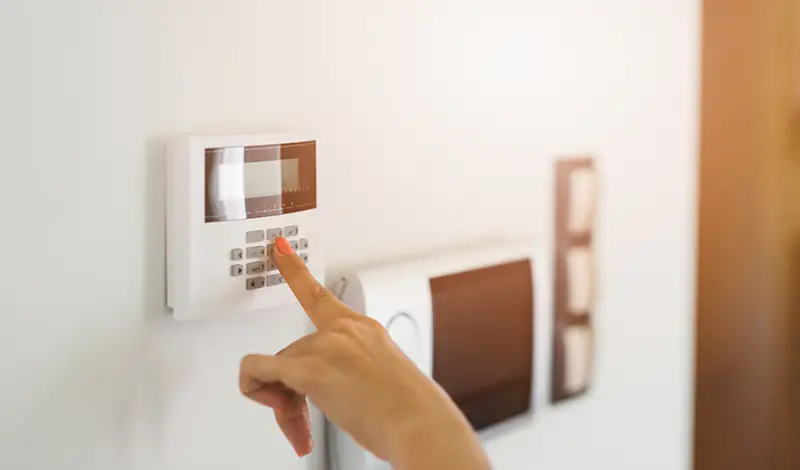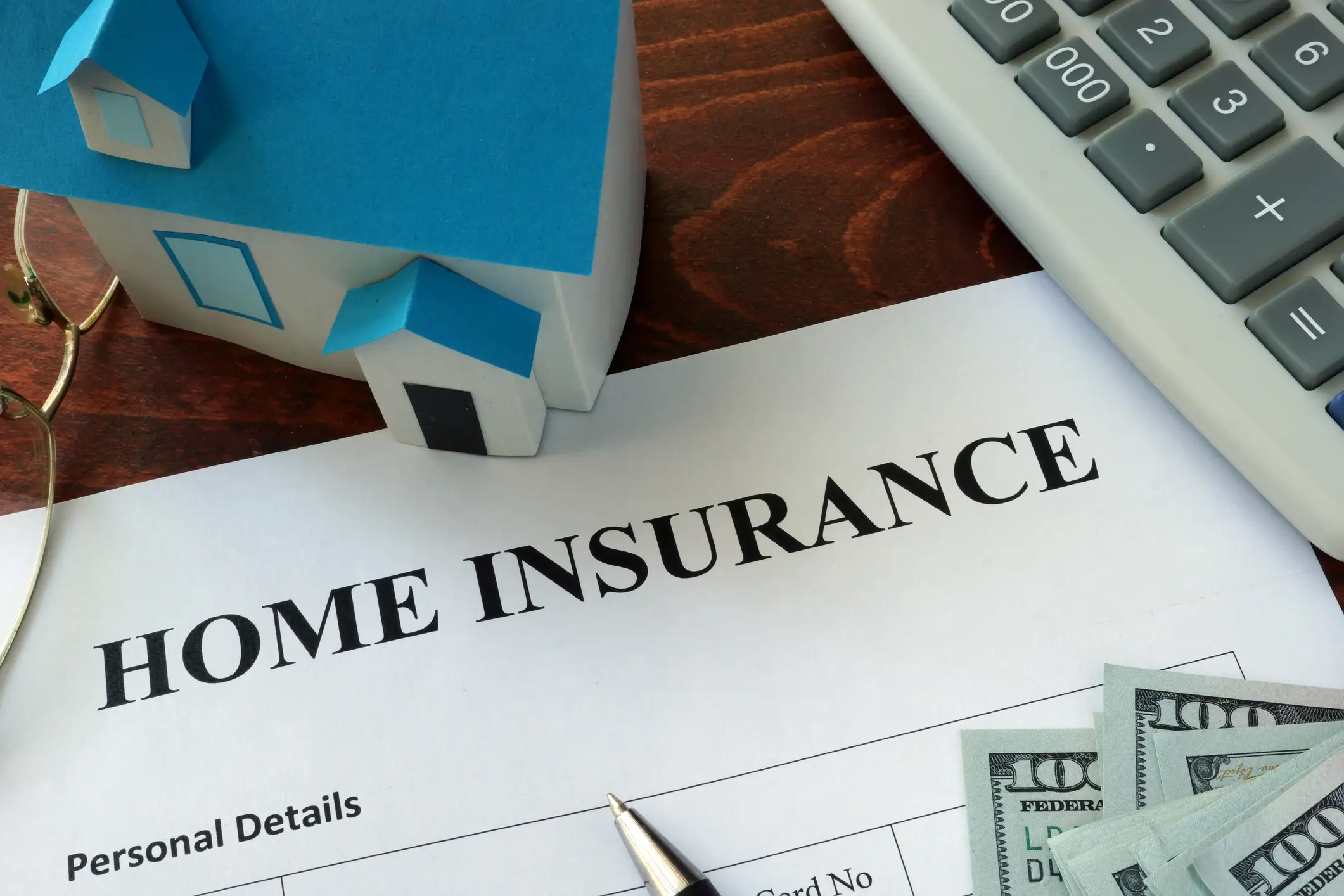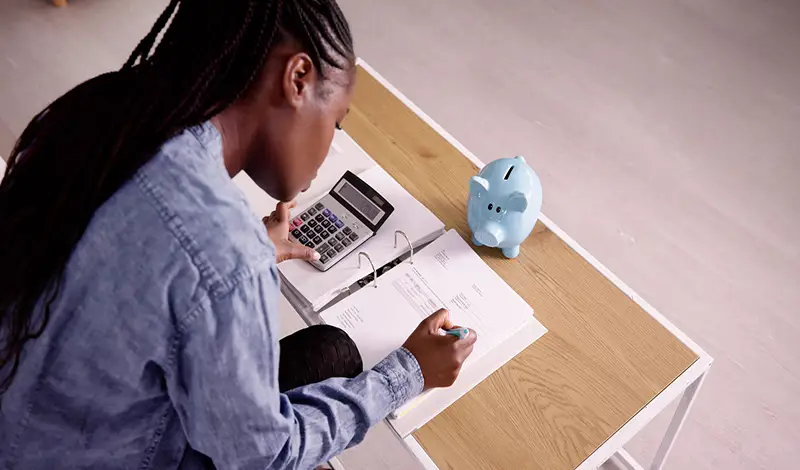What to Do After Buying a House
Published on August 5, 2024 | 7 Minute read

Melanie
Ortiz Reyes
Content Specialist
Congratulations on your new home! The journey of purchasing a house is filled with anticipation and excitement, but the process doesn't end when you get the keys. In fact, your responsibilities as a homeowner are just beginning. To help you settle in smoothly and make the most of your new investment, here’s a list of what to do after buying a home.

1. Secure Your Home
One of the first steps to take after buying a house is to ensure it is secure. Start by changing the locks on all the doors. You never know how many people might have had keys to the previous locks. Consider upgrading to smart locks for added security and convenience.
Check all windows to make sure they lock properly. If the house has an alarm system, change the codes and update the contact information with the security company. If there’s no alarm system, you might want to consider installing one, along with security cameras and motion sensors.
2. Inspect the Property
Even if you had a home inspection before buying, it's a good idea to go through the house with a fine-tooth comb now that it's yours. Check for any immediate repairs or maintenance issues that might need attention. Look for leaks, electrical problems, or signs of pests.
Create a maintenance schedule for routine tasks such as changing HVAC filters, cleaning gutters, and servicing appliances. Keeping up with regular maintenance can prevent small problems from becoming big, costly issues down the road.
3. Deep Clean Your New Home
A thorough cleaning is important before you start unpacking. Whether you do it yourself or hire professionals, make sure every nook and cranny is spotless. This includes carpets, windows, and appliances. A clean house provides a fresh start and ensures you're moving into a healthy environment.

4. Change Your Address
Updating your address is a crucial step after buying a house. Start with the U.S. Postal Service to ensure your mail gets forwarded to your new address. Then, update your address with important institutions and services such as banks, credit card companies, insurance providers, and your employer.
Don't forget to update your driver's license and vehicle registration. Many states require this to be done within a certain period after moving.
5. Set Up Utilities and Services
Make sure all utilities are transferred to your name and set up before you move in. This includes electricity, gas, water, sewer, trash collection, internet, and cable or satellite TV. Contact the providers ahead of time to schedule the transfers and installations to avoid any interruption in services.
6. Introduce Yourself to the Neighbors
Getting to know your neighbors can make a big difference in how quickly you feel at home. Introduce yourself and your family, and consider hosting a small get-together to break the ice. Building good relationships with your neighbors can lead to lifelong friendships and a supportive community.

7. Review Homeowners Insurance
Make sure your homeowners insurance policy is up to date and provides adequate coverage for your needs. Review the policy details, including coverage limits and deductibles, and consider additional coverage if necessary. For example, you might need flood or earthquake insurance depending on your location.
8. Plan for Emergencies
Prepare for emergencies by creating a home emergency plan. Identify the safest places to go during different types of emergencies, such as a tornado or earthquake. Make sure everyone in the household knows where to find the emergency supplies and how to turn off utilities like gas and water.
Stock up on essential supplies such as water, non-perishable food, flashlights, batteries, a first aid kit, and necessary medications. It's also a good idea to have a list of emergency contacts and important documents in a safe, easily accessible place.
9. Personalize Your Space
Now comes the fun part: making your house feel like home. Start by unpacking the essentials and arranging your furniture. Take your time decorating and adding personal touches that reflect your style and personality.
Consider tackling one room at a time to avoid feeling overwhelmed. Paint the walls, hang up artwork, and add plants and decor that make you happy. Creating a cozy, personalized space will help you feel more settled and content in your new home.

10. Get Familiar with Your Neighborhood
Spend some time exploring your new neighborhood. Find out where the nearest grocery stores, pharmacies, and other essential services are located. Look for parks, restaurants, and entertainment options that you can enjoy with your family and friends.
Joining local community groups or clubs can help you meet new people and get involved in your neighborhood. Being an active part of the community can greatly enhance your overall living experience.
11. Take Care of Legal and Financial Matters
Owning a home comes with new financial and legal responsibilities. Make sure you understand your mortgage terms and set up a system for making timely payments. Consider setting up automatic payments to avoid any late fees.
If you haven't already, create a budget that includes all your home-related expenses, such as mortgage payments, property taxes, insurance, maintenance, and utilities. Staying on top of your finances will help you manage your new responsibilities effectively.
12. Plan for Home Improvements
As you settle into your new home, you might start thinking about improvements or renovations you'd like to make. Whether it's updating the kitchen, adding a bathroom, or creating a backyard oasis, having a plan can help you prioritize projects and budget accordingly.
Start by making a list of projects and categorizing them by priority. Consider what you can tackle yourself and what might require professional help. Remember to research local regulations and obtain any necessary permits before starting any major renovations.

13. Build an Emergency Fund
Unexpected expenses are a part of homeownership. To prepare for these, build an emergency fund that can cover at least three to six months of living expenses. This fund can be a lifesaver if you face unexpected repairs or financial challenges.
Regularly contribute to your emergency fund to ensure it grows over time. Having this financial safety net will provide peace of mind and help you handle any surprises that come your way.
14. Monitor Your Home’s Value
Keep an eye on the real estate market and monitor your home's value over time. Understanding market trends can help you make informed decisions about refinancing, selling, or making improvements to your home.
Consider using online tools and resources to track your home's value and stay informed about the local real estate market. Regularly reviewing your mortgage statement and equity can also give you a clear picture of your financial standing.
15. Enjoy Your New Home!
Finally, take the time to enjoy your new home. Celebrate this significant milestone with your loved ones and create new memories in your new space. Whether it's hosting a housewarming party, gardening in your backyard, or simply relaxing in your favorite spot, make the most of this new chapter in your life.
Owning a home is a rewarding experience that comes with its own set of challenges and responsibilities. By following these steps, you can ensure a smooth transition and fully embrace the joys of homeownership.